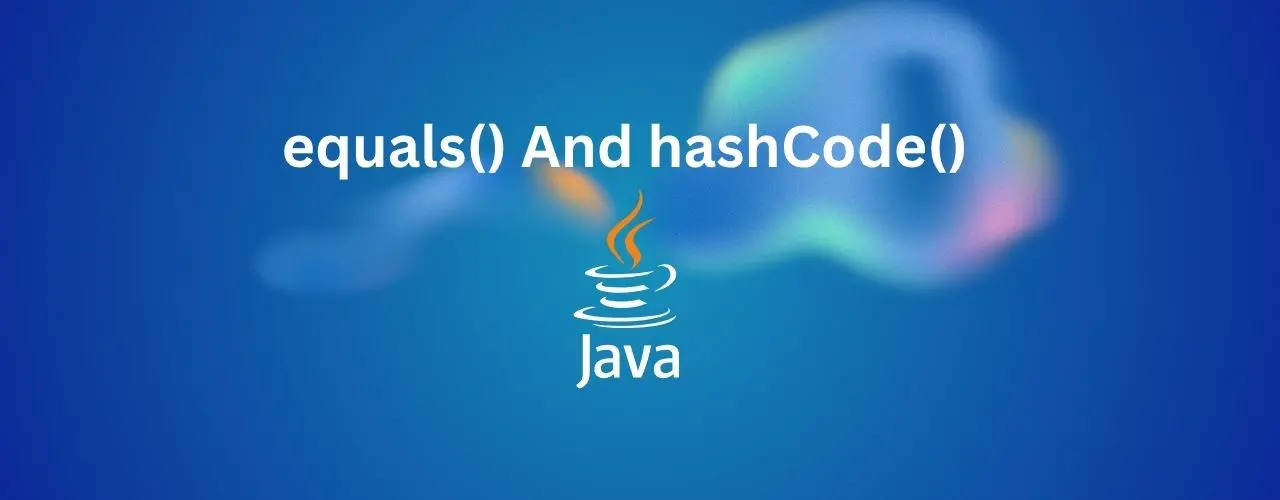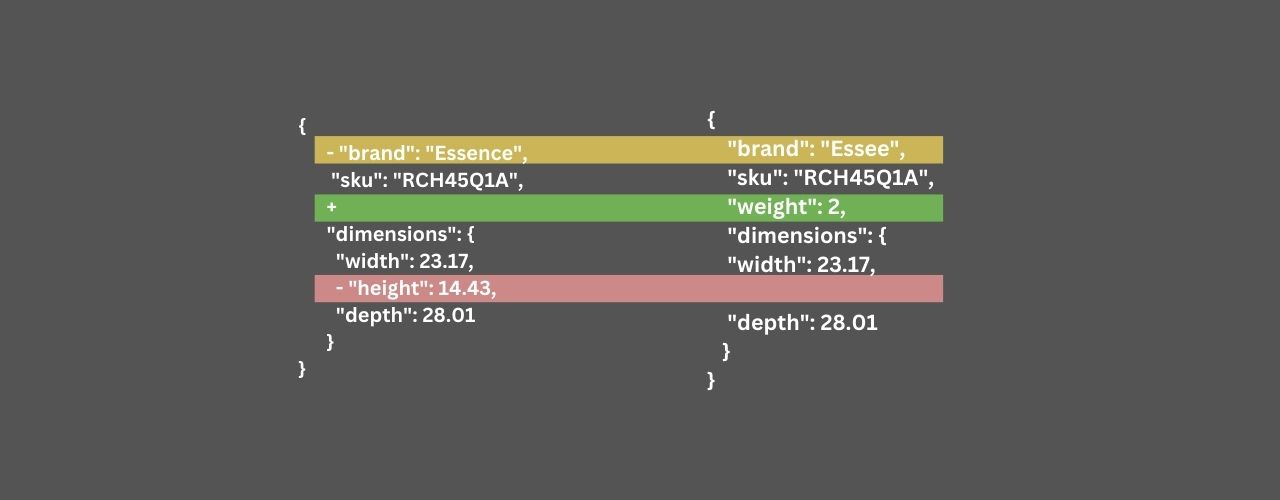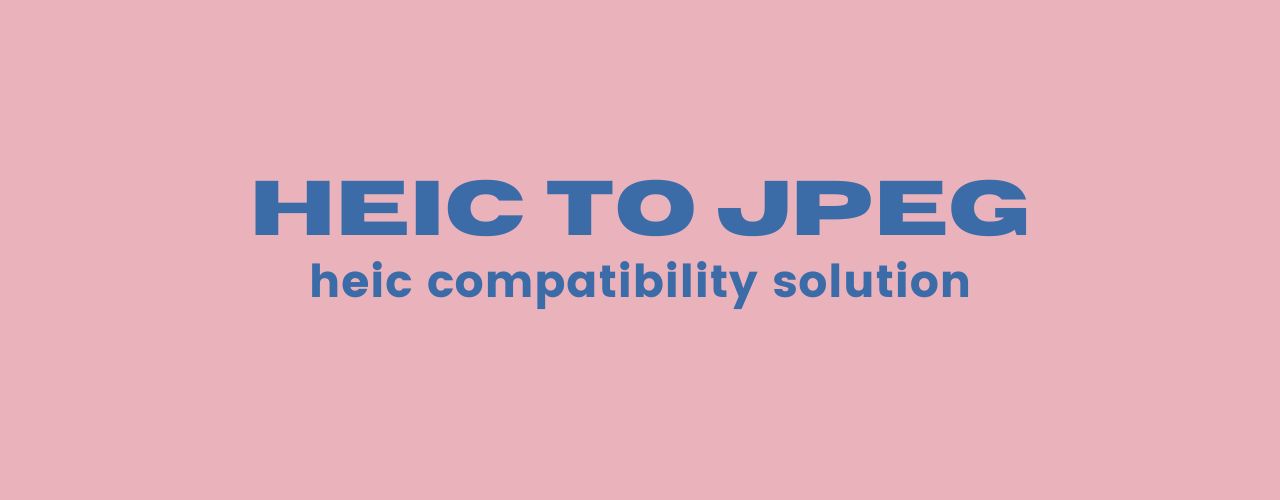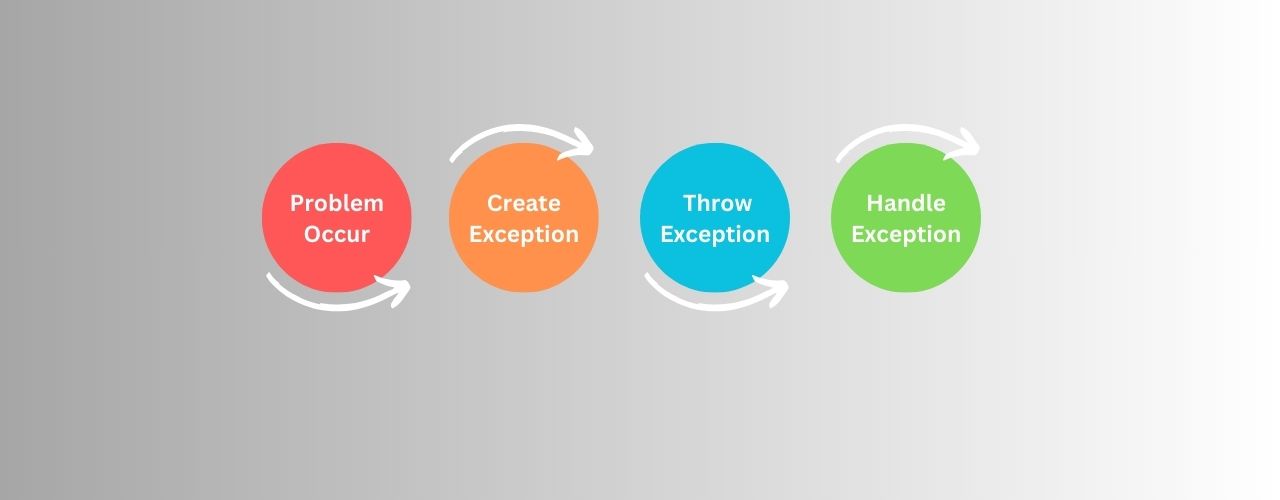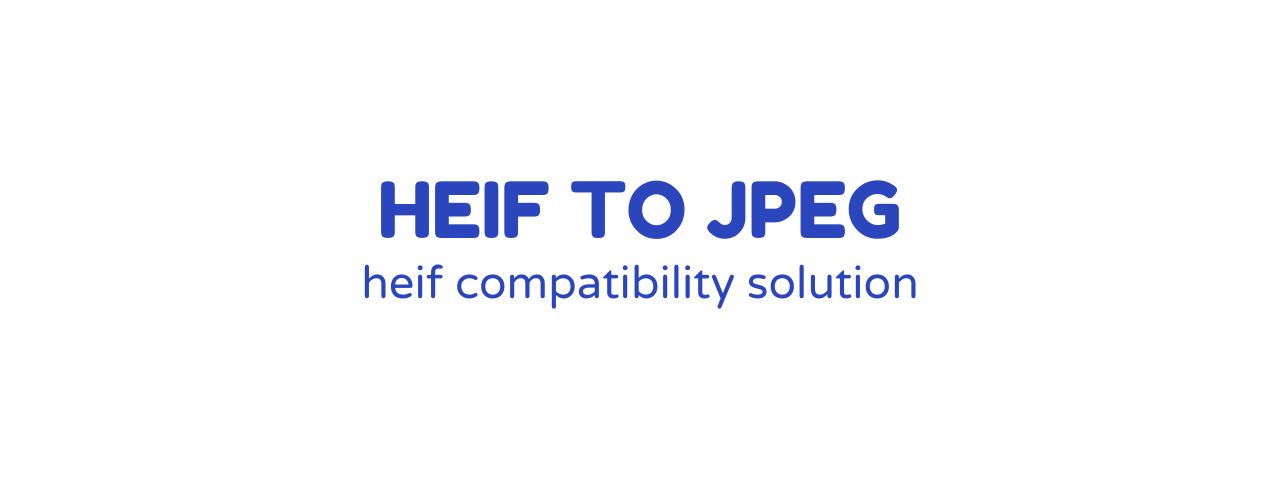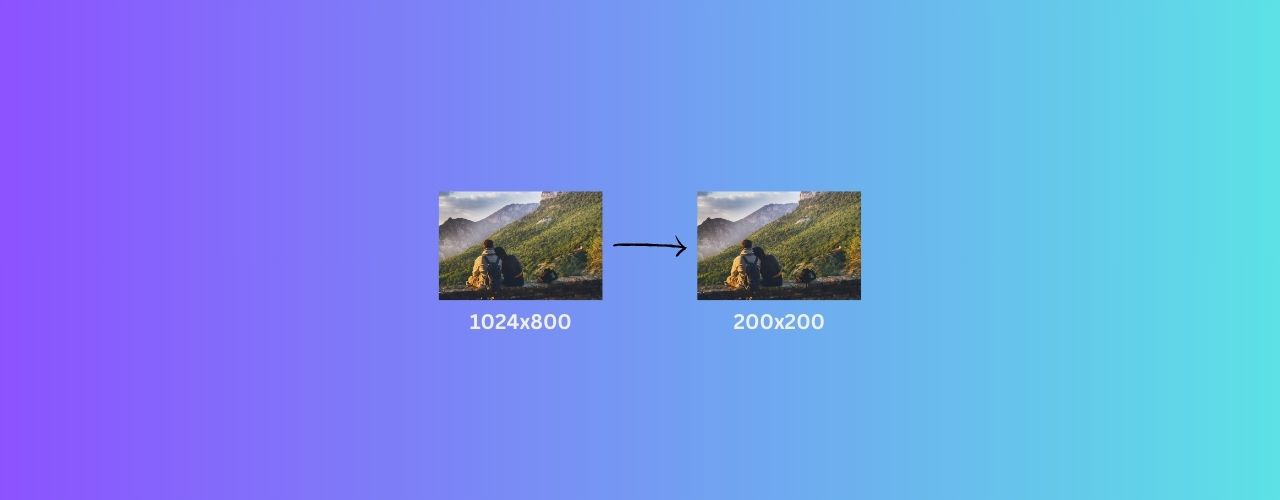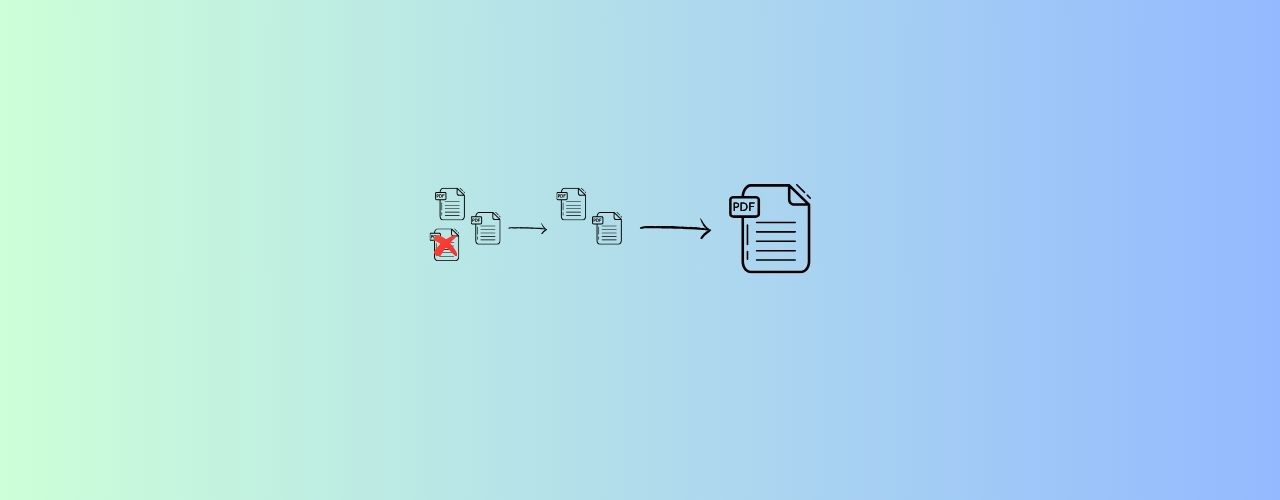WebP is a relatively new image format that is not universally supported across all devices and platforms. By converting WebP images to JPEG or PNG, you ensure compatibility with a broader range of devices, applications, and browsers that may not natively support WebP.
How To Convert WebP To Jpg/Png Using Converteasly ? 🌄
- Drag and Drop your image to WebP To Jpg/Png tool.
- Select Options JPG Or JPEG Or PNG.
- Click On Generate Button To Convert WebP To Jpg/Png Image.
- Click on the download icon or link to download your converted file or scan the given QR Code to save the converted file to your mobile or any other devices.
How To Batch Convert WebP To Jpg/Png Using Converteasly ? 🌄
- Drag and Drop your multiple image to WebP To Jpg/Png tool. You can also click on the Add More button to add as many as images.
- Select Options JPG Or JPEG Or PNG.
- Click On Generate Button To Convert WebP To Jpg/Png Image.
- Click on the download icon or link to download zip file contains converted files or scan the given QR Code to save the zip file to your mobile or any other devices.
Click To Convert WebP To Jpg/Png
UseCases Of WebP To Jpg/Png Converter Tool 🙇♀️
Following are the areas where we can use WebP To Jpg/Png tool.
Cross-platform compatibility: WebP is a relatively new image format that is not universally supported across all devices and platforms. By converting WebP images to JPEG or PNG, you ensure compatibility with a broader range of devices, applications, and browsers that may not natively support WebP.
Legacy systems: Some older systems, software, or content management systems may not have built-in support for WebP images. Converting WebP images to JPEG or PNG allows these systems to handle and display the images without any compatibility issues.
Image editing or manipulation: If you're using image editing software or tools that don't support the WebP format or have limited functionality with WebP images, converting them to JPEG or PNG enables you to perform desired editing or manipulation tasks more easily.
Web development and optimization: While WebP offers superior image compression and smaller file sizes compared to JPEG or PNG, there might be situations where you need to convert WebP images to JPEG or PNG. This could be due to specific requirements of a content management system, integration with third-party services, or compatibility with certain browsers that do not support WebP.
File size optimization: In some cases, WebP images may have been encoded or compressed with settings that result in larger file sizes compared to JPEG or PNG counterparts. Converting WebP images to JPEG or PNG allows you to experiment with different compression settings and achieve better file size optimization for your specific use case.
Image sharing or distribution: When sharing or distributing images to a wider audience, converting WebP images to JPEG or PNG can help ensure that recipients can open, view, and use the images without any compatibility issues. JPEG and PNG formats are widely supported and compatible with a broad range of devices and applications.










